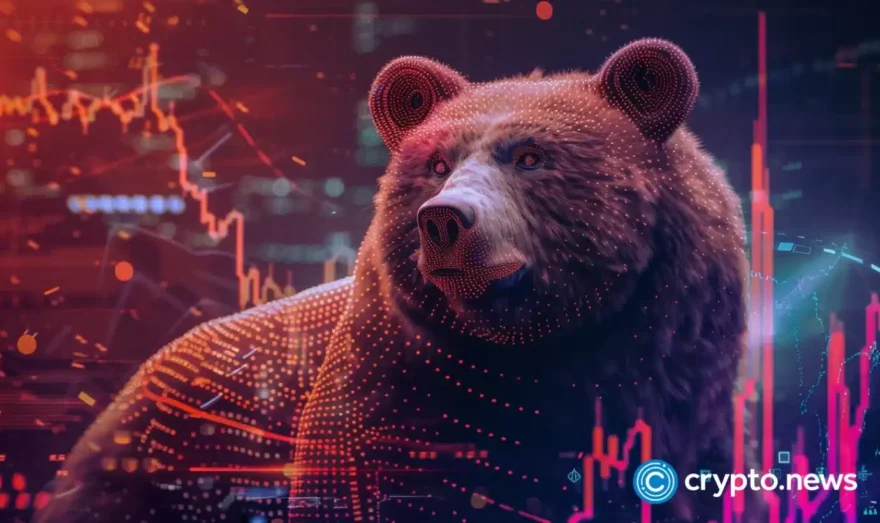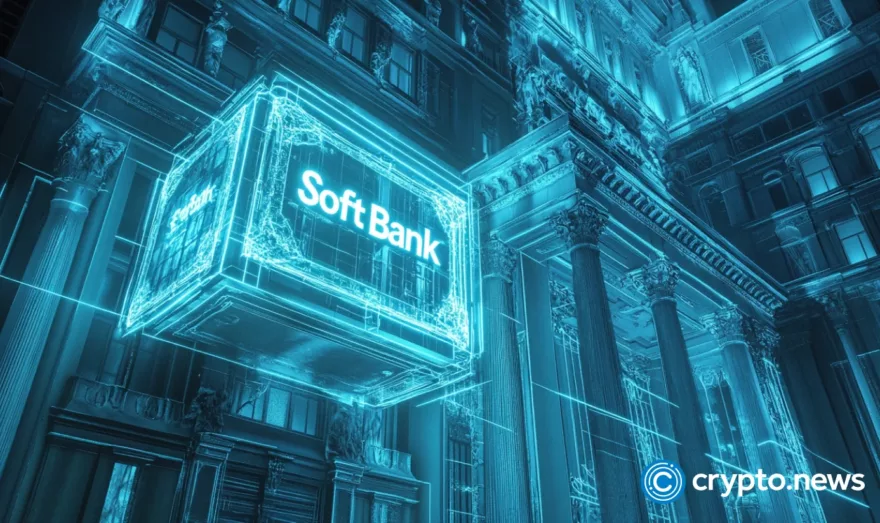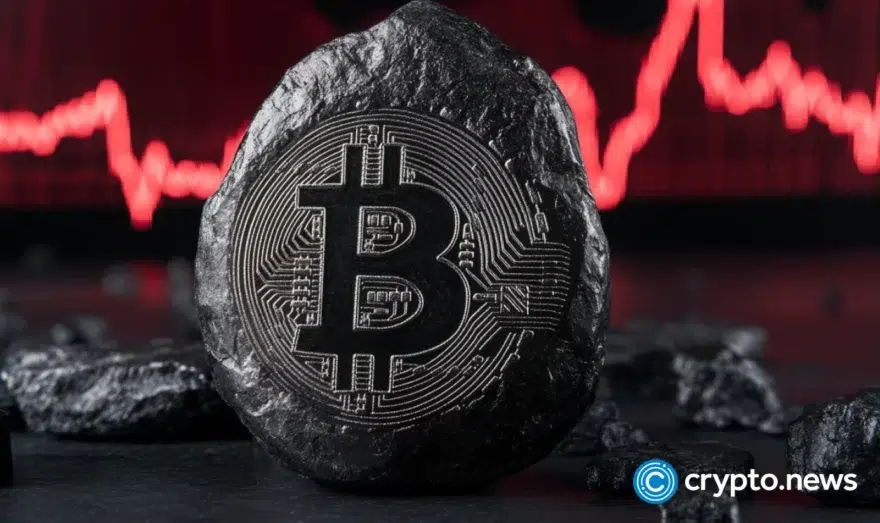Interactive Brokers head says cryptos have no value

The chairman of Interactive Brokers said that cryptocurrencies have no value, even though he himself owns them.
In a recent interview on CNBC’s “Squawk Box,” Interactive Brokers chairman Thomas Peterffy voiced some concerns about the value of cryptocurrencies, even though he owns digital assets.
Given that the brokerage business has been actively expanding the scope of its cryptocurrency trading services, which now include round-the-clock trading of bitcoin, ethereum, and many other digital currencies in cooperation with Paxos, his pessimism comes as a surprise.
This paradoxical attitude reflects the situation at JPMorgan, where CEO Jamie Dimon has been an outspoken opponent of bitcoin for a considerable time.
Despite this, JPMorgan continues to investigate blockchain and cryptocurrency technologies. In 2019, the company established its own digital currency, JPM Coin, and actively invested in start-ups and initiatives linked to blockchain technology.
Interactive Brokers’ and JPMorgan’s experiences shed light on the intricate interaction between conventional financial institutions and the rapidly developing digital asset market.
Even though prominent business figures have worried about cryptocurrencies’ value and stability, their companies continue interacting with and investing in the technology.
During the conversation, Peterffy discussed his perspectives on the stock market, which is now 20% overvalued, according to him. Despite this, he did not discourage stock ownership by pointing out that the market is still moving upward.
This contradictory stance illustrates the complicated dynamics between legacy banking institutions and the emerging digital asset market. This further demonstrates that the discussion around the value and potential of cryptocurrencies as an investment asset is far from done.
In summation, Peterffy’s remarks on cryptocurrencies provide insight into the heated discussion around their potential as an investment asset. Others, more suspicious, claim they have no intrinsic worth, yet believers insist they represent the future of money.
Underscoring the complexity of the interaction between the two is that conventional financial institution continue to engage with and invest in the technology despite their worries.

















